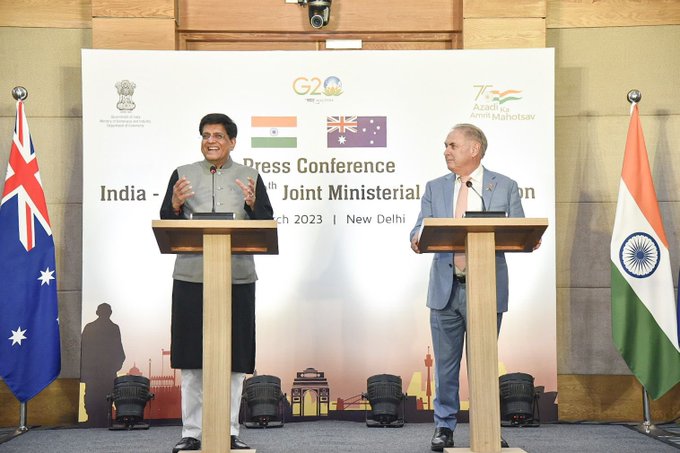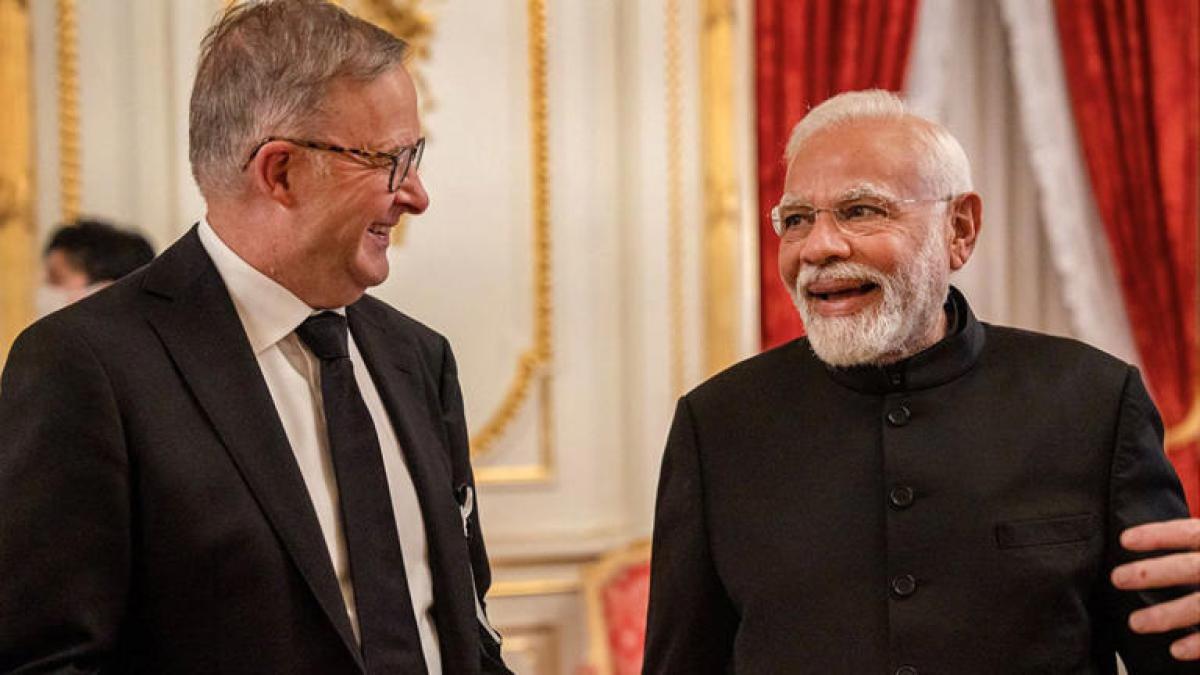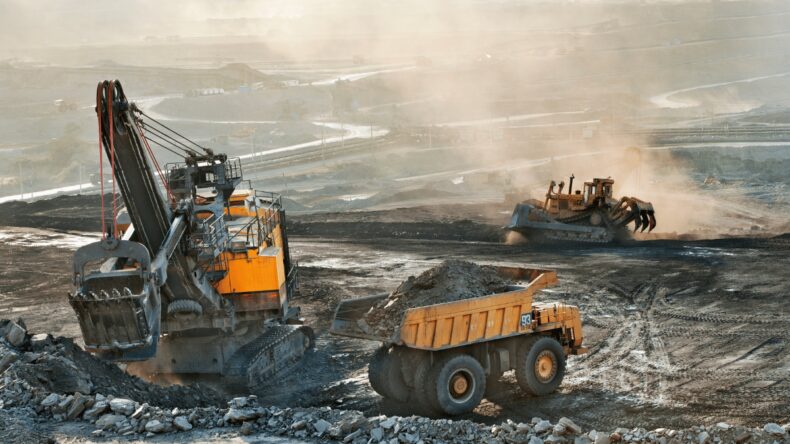The Minister for Trade and Tourism for Australia, Don Farrell and Union Minister for Commerce and Industry for India, Piyush Goyal met on Sunday to discuss the future of free trade between India and Australia.

The discussion largely focused on the Economic Cooperation and Trade Agreement (ECTA), which was signed in April 2022. The ministers also talked about reaching an early conclusion to the India-Australia Comprehensive Economic Cooperation Agreement (CECA). The CECA will be built on the foundation laid by ECTA and facilitate better economic relations between India and Australia through a “two-way investment”.
Table of Contents
India hopes to curb its key minerals demand through the CECA
The India-Australia Economic and Trade Agreement (ECTA) was put into force on December 29, 2022. The ECTA allowed Australian businesses for easy access to a huge and diverse Indian market.
Under the ECTA, over 85 percent of Australian manufactured products can be imported to India tariff-free with high tariffs being reduced on additional products. Furthermore, approximately 96 percent of Indian manufactured products can be exported to Australia tariff-free.

The India-Australia Comprehensive Economic Cooperation Agreement (CECA) will further deepen the ties formed under the ECTA by allowing for more trade and business opportunities.
India has a huge demand for imperative minerals, such as lithium. Currently, only a limited amount of lithium batteries is manufactured in the country, which is nowhere close to reaching the demand of India’s big population.
Australia produced the largest amount of lithium in the world in 2022. It is also one of the world’s leading producers of other key minerals such as alumina, bauxite, lead, gold, uranium, zinc, iron ore, rutile, and tantalum. Through the CECA, India is hoping to curb the demand for such minerals and divert from its reliance on China for the import of such commodities.
The two countries are aiming at creating a reliable supply chain of such key minerals. The recent meeting between the two ministers laid out the plan to strengthen bilateral ties between the two countries and hopefully conclude the CECA earlier than anticipated.
India and Australia reaffirm their support for expanding free trade opportunities

In the joint statement released after the meeting on Sunday, the ministers said that Indian Prime Minister Narender Modi and Australian Prime Minister Anthony Albanese are looking forward to concluding the India-Australia Comprehensive Economic Cooperation Agreement (CECA) at the earliest.
The joint statement added that the CECA will lead to more employment opportunities, which will in turn raise living standards and lead to the overall betterment of India and Australia.
Along with discussions on ECTA and CECA, the ministers also talked about the World Trade Organization (WTO), the G20, and the Indo-Pacific Economic Framework (IPEF). Australia reaffirmed its support for India’s presidency for the G20 and both countries mutually agreed that the primary focus of the G20 should be to facilitate “strong, inclusive, and sustainable growth” and lead the world towards prioritizing sustainability in economic growth.
The joint statement also reiterated the importance of a peaceful and growing Indo-Pacific region. The foreign ministers of the Quad countries (US, Japan, India, and Australia) had met earlier this month in New Delhi to discuss the strategic importance of a peaceful Indo-Pacific region.













